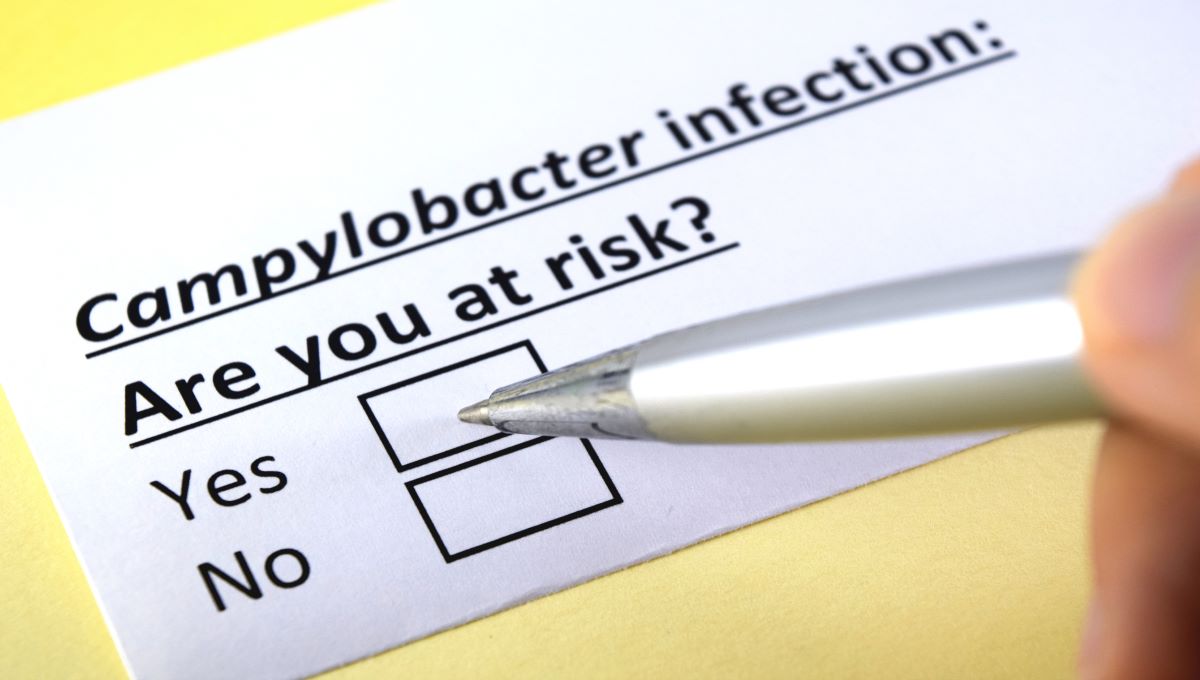An outbreak of a rare type of Campylobacter in France was caused by unpasteurized, raw milk cheese, according to a study.
In June 2021, seven Campylobacter fetus infections occurred in a rehabilitation center in southwest France. All patients were female, and the median age was 79 with a range of 70 to 90 years old.
Reasons for being at the center were post-orthopedic surgery reeducation in five people and post-acute heart failure or rehabilitation after acute myeloid leukemia chemotherapy in one person each.
Campylobacter jejuni and Campylobacter coli cause the majority of campylobacteriosis. A small proportion is caused by Campylobacter fetus but outbreaks are rare. Although Campylobacter fetus may occasionally cause diarrhea, it is more associated with systemic illness and bacteremia. Such infections are more commonly reported in older and immunocompromised patients, according to the study published in the journal Frontiers in Microbiology.
All patients had mild watery diarrhea without nausea or vomiting. Five had fever but all of them recovered. Whole genome sequencing of the different Campylobacter fetus strains confirmed a common source.
In five patients who undertook a blood culture analysis, Campylobacter fetus was isolated only in the blood of three patients and from blood and stool in two of them.
Suspicion falls on raw milk cheese
Epidemiological work found three patients at the start of June followed by four infections later in June. An investigation of the food eaten by five patients revealed the consumption of unpasteurized cheese made from cow’s milk of the Tomme des Pyrénées variety.
Another unpasteurized cheese made from cow’s milk, a Camembert, was also consumed before illness for some patients. It was not possible to clearly incriminate one of the two different raw milk cheeses. They were served as part of a recently implemented farm-to-fork strategy. Such strategies were pursued but unpasteurized dairy products were avoided.
French public health authorities found serious hygiene issues in the kitchens, with disrespect of cold-chain guidelines leading to their closure in mid-June 2021. However, no food testing was done. This means the source of the infections was not proven because of the lack of microbiological analysis of suspected food samples.
Listeria monocytogenes bacteremia in one patient also raises the suspicion that raw milk cheese was the source of infection. This also clearly demonstrates how susceptible the elderly or immunocompromised patients are to this type of foodborne infection, said scientists.
Raw milk cheeses were suspected as there was no consumption of other plausible sources of infection.
“This highlights the importance of routine hygienic measures to prevent transmission within facilities housing people at risk. Even if the source of infection was only suspected and not confirmed, consumption of unpasteurized dairy products should also be avoided in these specific populations,” said researchers.
(To sign up for a free subscription to Food Safety News, click here.)

